Sleeping hygiene
Making the sleep restful
Making the sleep restful
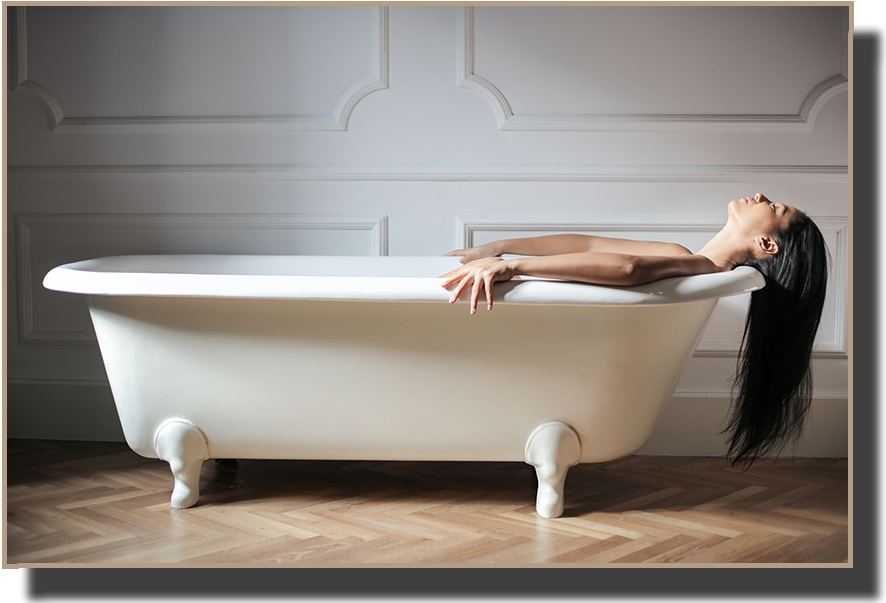 | If you go back in time, you will notice that the ideas of how to sleep "properly" differ significantly from today's opinion. Thus, in the past, people spoke of the first sleep and the second sleep in one night. In between, people smoked a pipe, ate something or talked. Today we generally assume that for adults an undisturbed sleep of 7-9 hours produces the best rest. |
We fall asleep more easily when we adjust physically and mentally to sleep. This promotes relaxation and inner peace. This makes the transition from wakefulness to sleep much easier.
You should dedicate the last hour before sleep to your rituals:
| 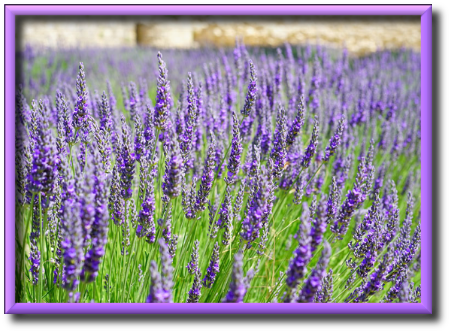 |
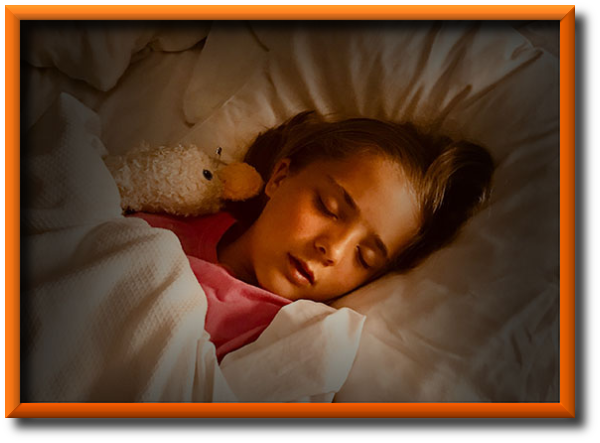 |
|
Light and sleep do not go together.
Darkness is needed for restful sleep. Only in darkness is a hormone released that is indispensable for falling asleep without any problems and sleeping through the whole night, melatonin.
|
There is a special receptor in our eyes. It recognizes only blue light. It is not used for vision. Its task is to signal to the body when it is day or night. It is the clock for our internal clock. This discovery was even awarded a Nobel Prize in 2017. | 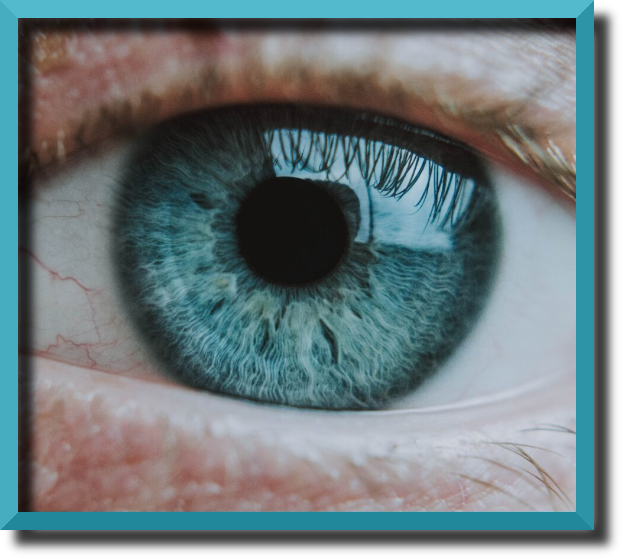 |
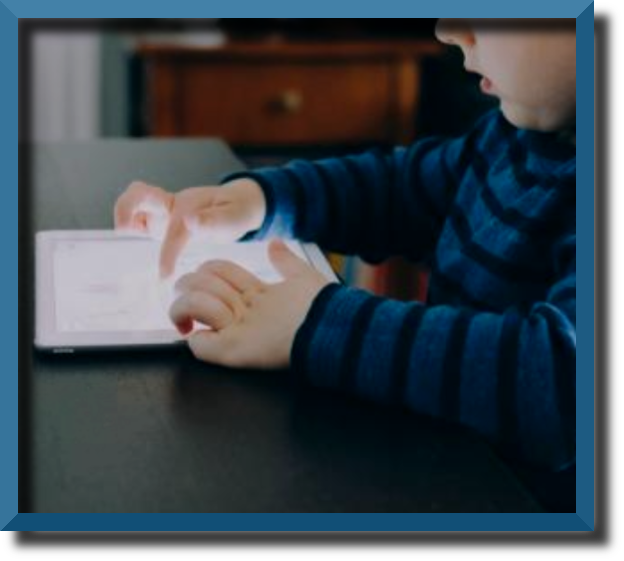 |
Studies have shown that the use of digital media for an hour before sleep is particularly disturbing because they have a high blue content. Smartphones, followed by tablets, are at the top of the list. These are held at the smallest distance in front of the face. As a result, more (blue) light reaches the receptor than, for example, with a TV set that is further away. Here, less is clearly better than more. |
Cart is empty.